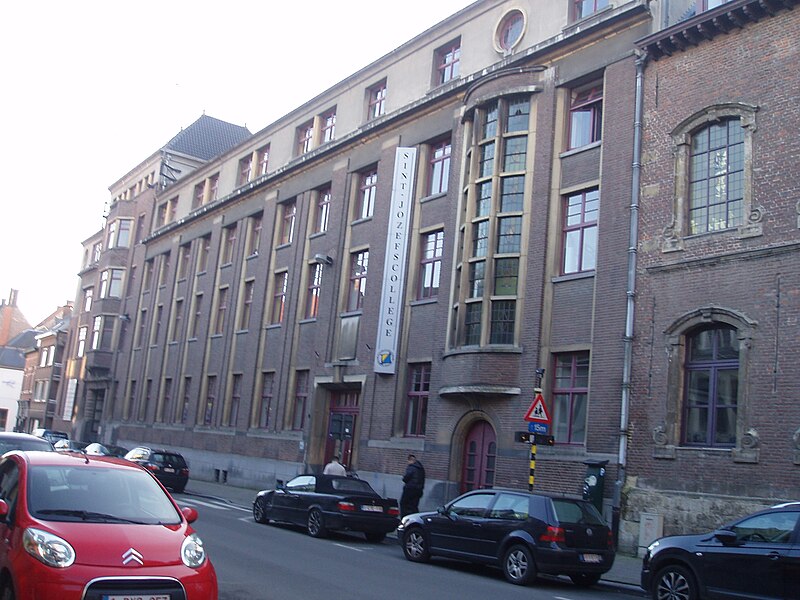
A recent survey conducted by the pupil association Scholierenkoepel has uncovered that almost one in five pupils in Flemish secondary schools has experienced racism on school grounds.
The survey, encompassing over 10,000 pupils, sheds light on the prevalence of racism in educational institutions. Flemish Education Minister Ben Weyts suggests that the increase in reported incidents is a result of heightened awareness towards issues that were previously overlooked.
Among the surveyed pupils, just under 70% reported never encountering any form of racism during their time in secondary school. Conversely, 18% of respondents admitted to experiencing racism, with a notable increase to 49% among pupils with parents from countries outside the European Union.
Lore Sleeckx, the president of the Flemish Scholierenkoepel, expressed concern about the high percentage of pupils experiencing racism, emphasizing that schools should be safe and welcoming environments for all students.
To address these concerning figures, the Scholierenkoepel proposes practical measures, including allowing pupils to participate in class councils as a means to combat discrimination against young people with a migration background. Sleeckx believes that having pupils involved in decision-making processes would enhance transparency and potentially eliminate prejudices among teachers.
If direct participation in class councils is not feasible, Sleeckx suggests generating written reports of discussions and distributing them to the involved pupils, providing valuable feedback on how they are perceived at school.
Furthermore, the Scholierenkoepel advocates for a more diverse teaching body to counteract racism. Sleeckx contends that a teaching staff that reflects the diversity of the student body can contribute to fostering a more inclusive environment.
Minister Weyts acknowledges that the increased reporting of incidents may stem from heightened awareness in society rather than an actual surge in racism among teachers. He emphasizes the importance of addressing and reporting incidents to promote a more inclusive and tolerant educational environment. Photo by Queeste, Wikimedia commons.



































